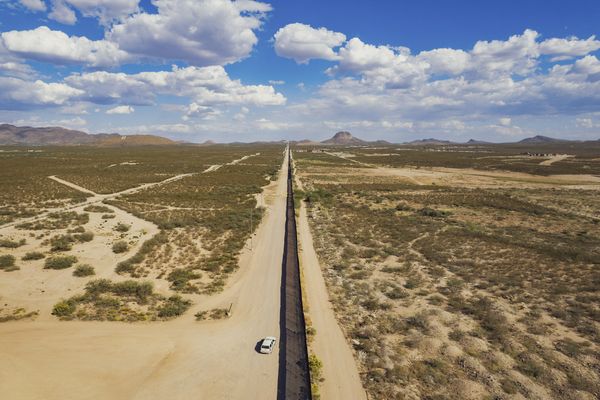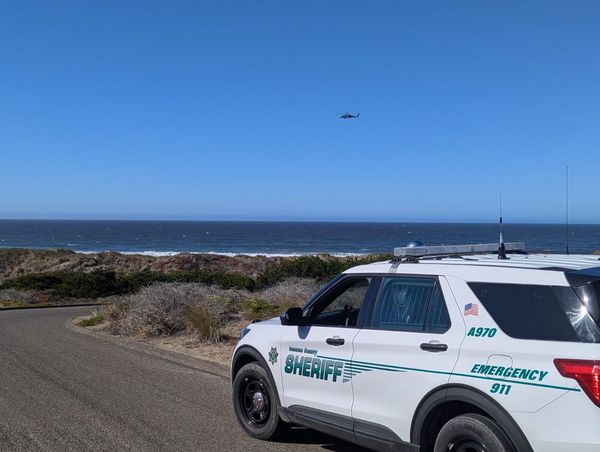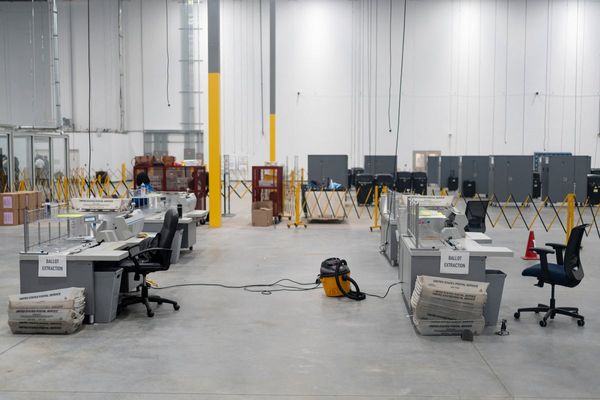
Thousands of New Zealand nurses are registering to work in Australia in pursuit of better pay and conditions, amid staffing shortages and industrial action in their home country.
Almost 5,000 New Zealand nurses have registered to practise in Australia since August, a spokesperson from the Australian Health Practitioner Regulation Agency (Ahpra) and the Nursing and Midwifery Board of Australia confirmed on Tuesday. While not every nurse who registers will make the move, they make up about 8% of the approximately 65,000 nurses registered in New Zealand.
“To see that volume of numbers of nurses interested in registering in Australia – it was an absolute shock,” said Kerri Nuku, a kaiwhakahaere [senior organiser] at nursing union the New Zealand Nurses Organisation.
The impact of losing large numbers of nurses would be “huge – not only in size, but also in skill and experience”, she said, compounding existing shortages and a workforce experiencing high rates of burnout and attrition. Vacancies in New Zealand’s healthcare workforce were at 11% last year – up from a typical rate of about 5% to 6%.
As more nurses left, Nuku said, it could create a vicious cycle of overwork, with already stretched health workers forced to take on longer shifts and larger workloads.
“Nurses have absolutely been feeling the pressure and workforce shortages,” Nuku said, particularly after the pressures of the Covid-19 pandemic response, and responses to natural disasters like Cyclone Gabrielle.
She said that while pay rates varied across New Zealand and Australia, she had spoken to some nurses who had moved to Australia and were now earning almost triple New Zealand rates, particularly over holiday seasons and in smaller mining towns.
“We’ve already got new vacancies across the country,” Nuku said. “We want them to be filled by experienced nurses – so if we’re losing or leaking our own workforce, as they look overseas, if they’re constantly [overworked] or tired – the quality of care that we’re able to provide to patients will not be a suitable standard.”
Opposition spokesperson Dr Shane Reti said he was not surprised to see local nurses looking at moving offshore, saying pay rates in Australia were broadly higher and the country was in the midst of a recruitment drive, with states pledging billions to build a larger health workforce.
“The health system is so broken in New Zealand at the moment,” he said. “I do understand why New Zealand nurses may want to go offshore to not have to confront what we’re seeing now already before winter starts.”
But Reti would not say whether higher pay would be required to solve New Zealand’s healthcare shortages.
New Zealand nurses held a series of strike actions in late 2022, and are planning a national day of action in mid-April, with coordinated national protests to call for more nurses and better pay. Last week, New Zealand’s government announced a pay boost of up to 15% for community-based nurses, to try to compete with the Australian sector, where aged care nurses won a 15% pay rise in November 2022.
The government said in a statement that the increases “made wages competitive with Australian nurse wages”, and the associate health minister, Dr Ayesha Verrall, said it “will ensure workers are paid fairly for their critical roles in protecting the health and wellbeing of all New Zealanders”.
The government has also been carrying out health sector reform to merge district health boards into a single national agency, which the health minister, Andrew Little, said last year “will be better able to plan for and manage the nursing workforce right across the country”.
“It is critically important that we fix the nursing shortage,” Little said at the time.
The chief people officer at Te Whatu Ora/Health New Zealand, Andrew Slater, said the number from Ahpra was “a concern if it resulted in people taking up jobs overseas”.
“We need every nurse we can get in Aotearoa,” he said.







